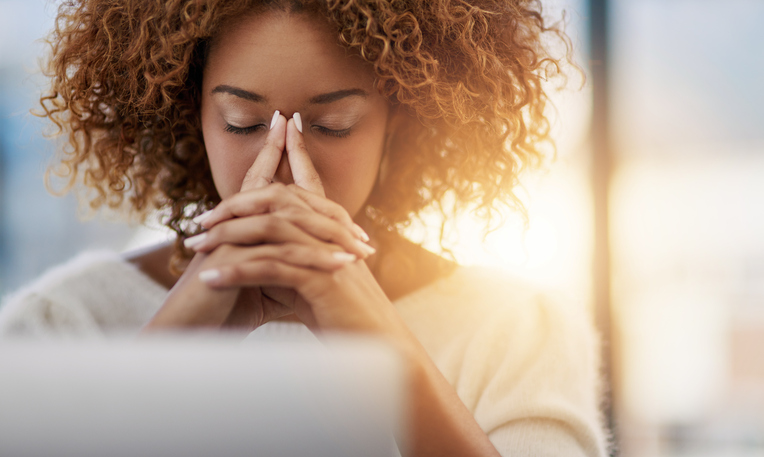Why Getting My Name Wrong No Longer Triggers Anxiety
All this mispronunciation of Kamala Harris’s name got me thinking about the pronunciation of my own name. In short, my mother named me Sonja with a hard j and straight from go, society rejected this name. Not sure why but here is the story.
First off, the attending nurse at the hospital recorded Sonja as Sandra, not giving a toss that my mother had clearly said Sonja. The year was 1962 and it was likely a microaggression, plain and simple. Though my mom would have likely asked for a correction early on, her voice was overlooked so rather than to feed into the negative, often volatile loop of the times, she decided there was another way to fight the battle.
Though Sandra reigns on my birth certificate, my parents called me what they named me and so did everyone else around me, until I reached first grade—this was the second rejection.
My first teacher, the most wonderful woman I had ever met, corrected me when I proudly called myself Sonja and carefully explained that the j was silent, therefore I was to be called Sonya.
This revelation brought tears and a heavy heart and quite frankly ripped into my very young identity. I carried this scar home but thankfully, my mom, on the battlefield, made it clear to the teacher that the j was not silent. There, the j was reinstated for the next few years. My dad even nicknamed me Sonj-ay!
But it was not over yet. When the schools integrated, my new teachers consistently silenced the j. It was only when my peers joined in that the scar reappeared. Of course, at 9 years old, I was too young to understand what was brewing.
Looking back, I can see that the j was whitewashed by an American society that felt far more comfortable with the Western European pronunciation, which is a lovely name. Apparently, some eastern European nations recognise the hard j, as do some African and many Asian countries.
As the years flew by, I noticed how interchangeable my name became to peers and even family members—some days the j was unmistakable and other days it was silent. I sort of got used it, though I felt a bit down about it.
As a young reporter, I had a good spate with amateur linguists who loved getting it right. Some even nicknamed me Sonj, which I proudly answer to, even today. There were exceptions, of course, such as when I interviewed the renown Abigail Van Buren ‘Dear Abby’ who decided she would call me Sandy and thus sent me a lovely note underpinning her choice.
In NYC, as a young media specialist, I became Sandy, Sandra, Sonya and even Angela, all because people claimed they couldn’t understand my pronunciation. Imagine being told that you don’t know how to say your own name. The scab came off the wound.
I went into battle correcting and protecting my j. And then about 10 years ago I realised that this battle was like an autoimmune disease. It was debilitating! From a legal perspective I had always been Sandra anyhow, so instead of wasting further energy on the correct pronunciation of my name, I leaned into it. And the wound closed. Honestly!
Make no mistake about it. I am not suggesting that VP Harris does any such thing. We need to get her name right. But what I am saying is this: when my name is misused, I do one of two things—ignore it or give the correct pronunciation and shrug it off. I have often said privately and publicly I will happily answer to Sonya or Sandra, too. I know who I am.
In short, the correct pronunciation of a name lies with the pronouncer and if they can’t be bothered, then don’t let it bother you. Anxiety lifted!

